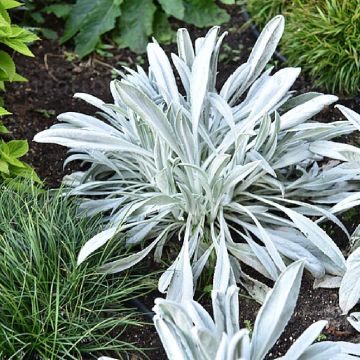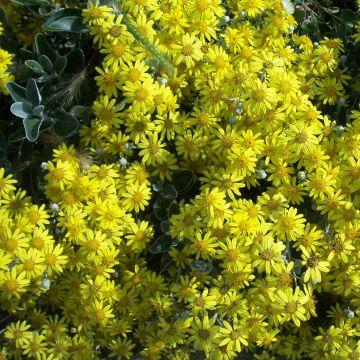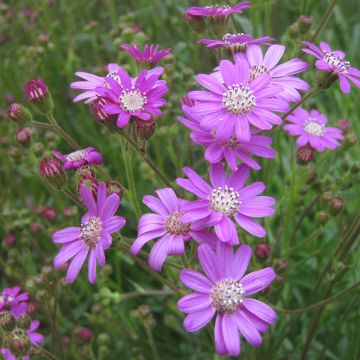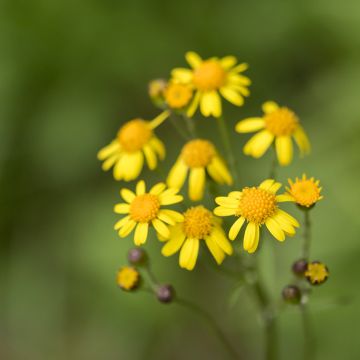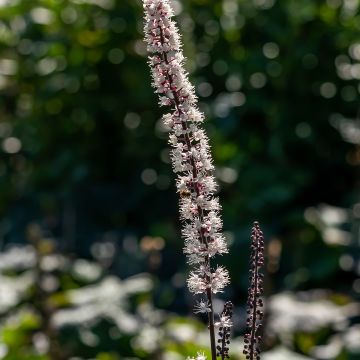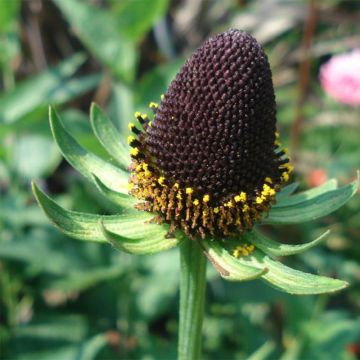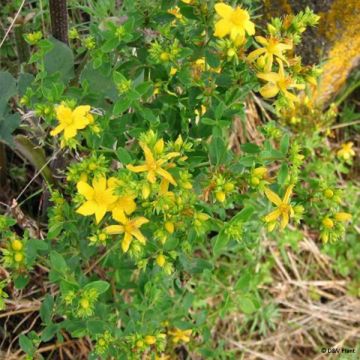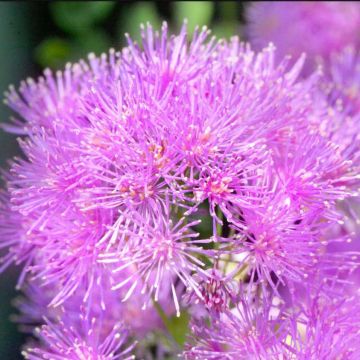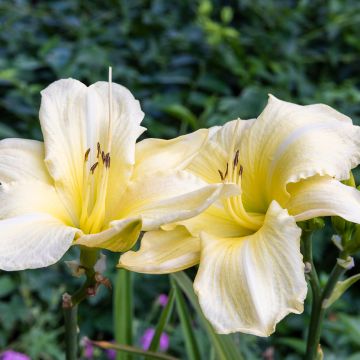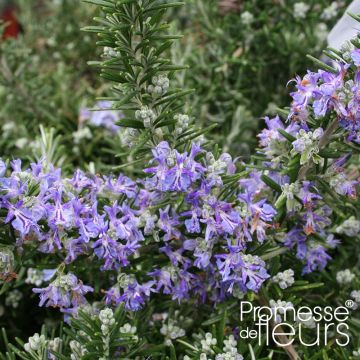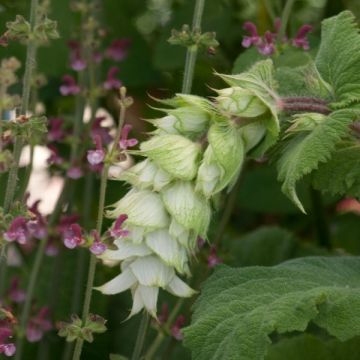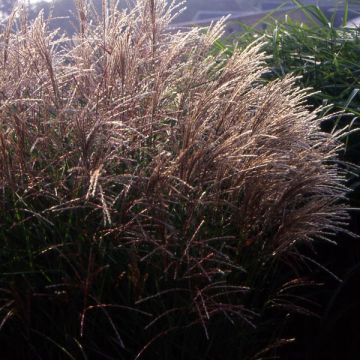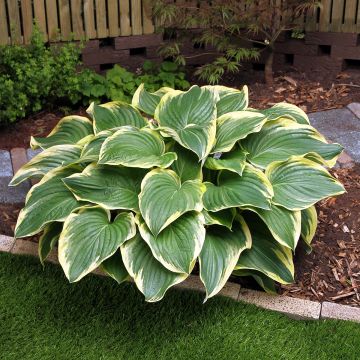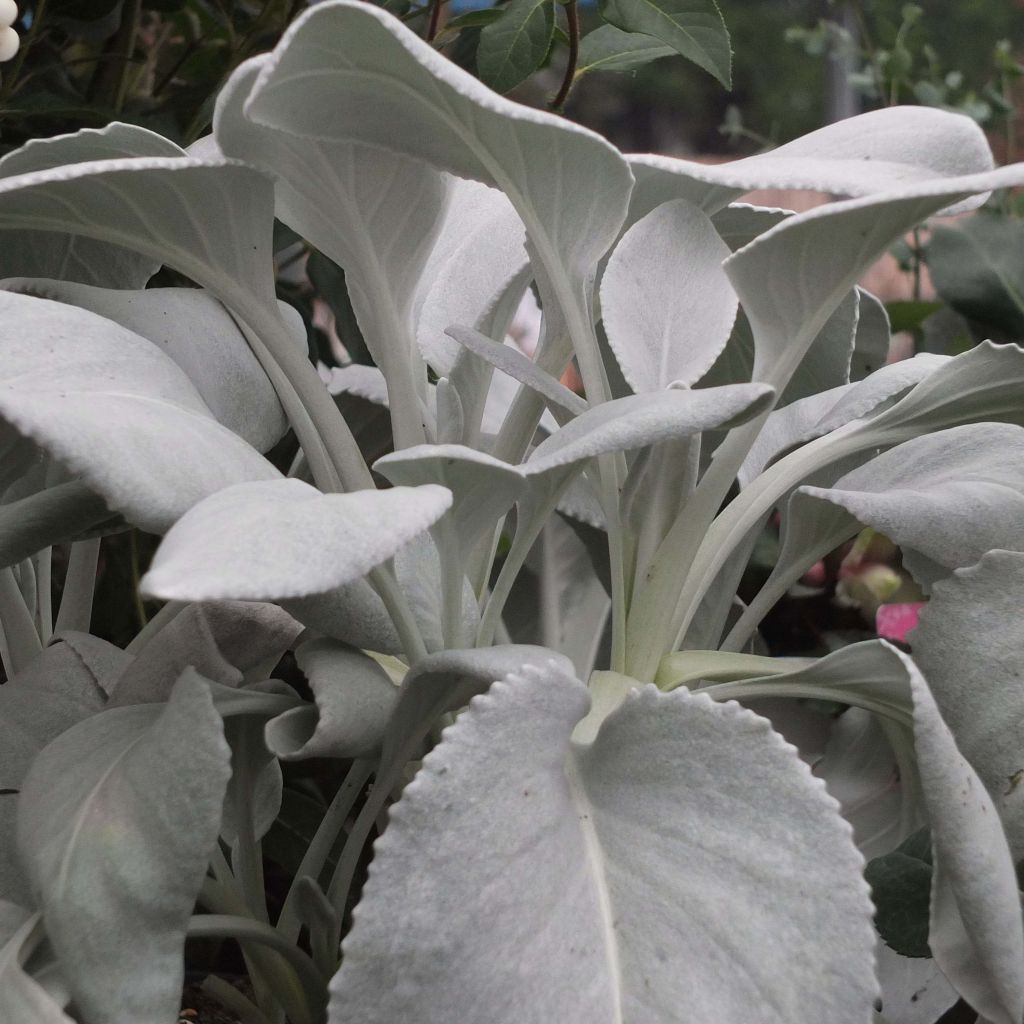

Senecio candidans Angel Wings
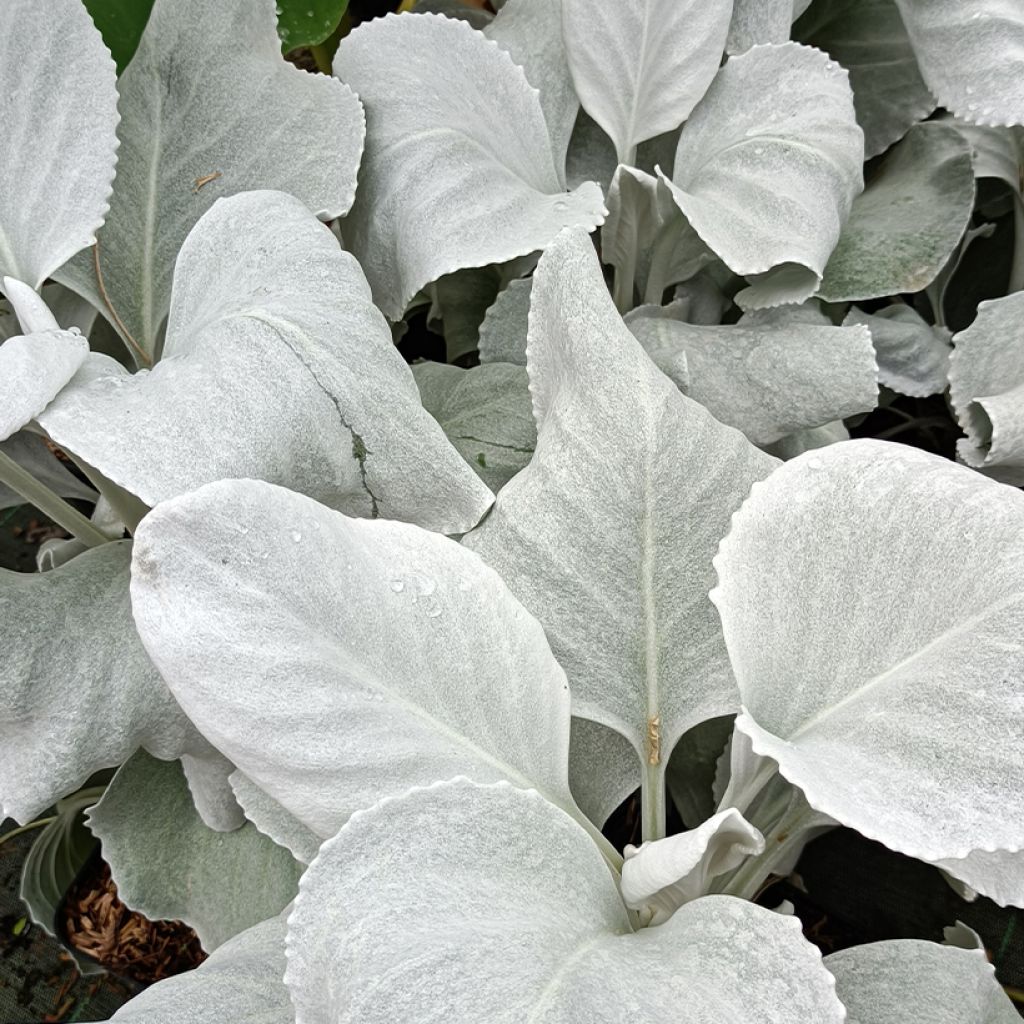

Senecio candidans Angel Wings
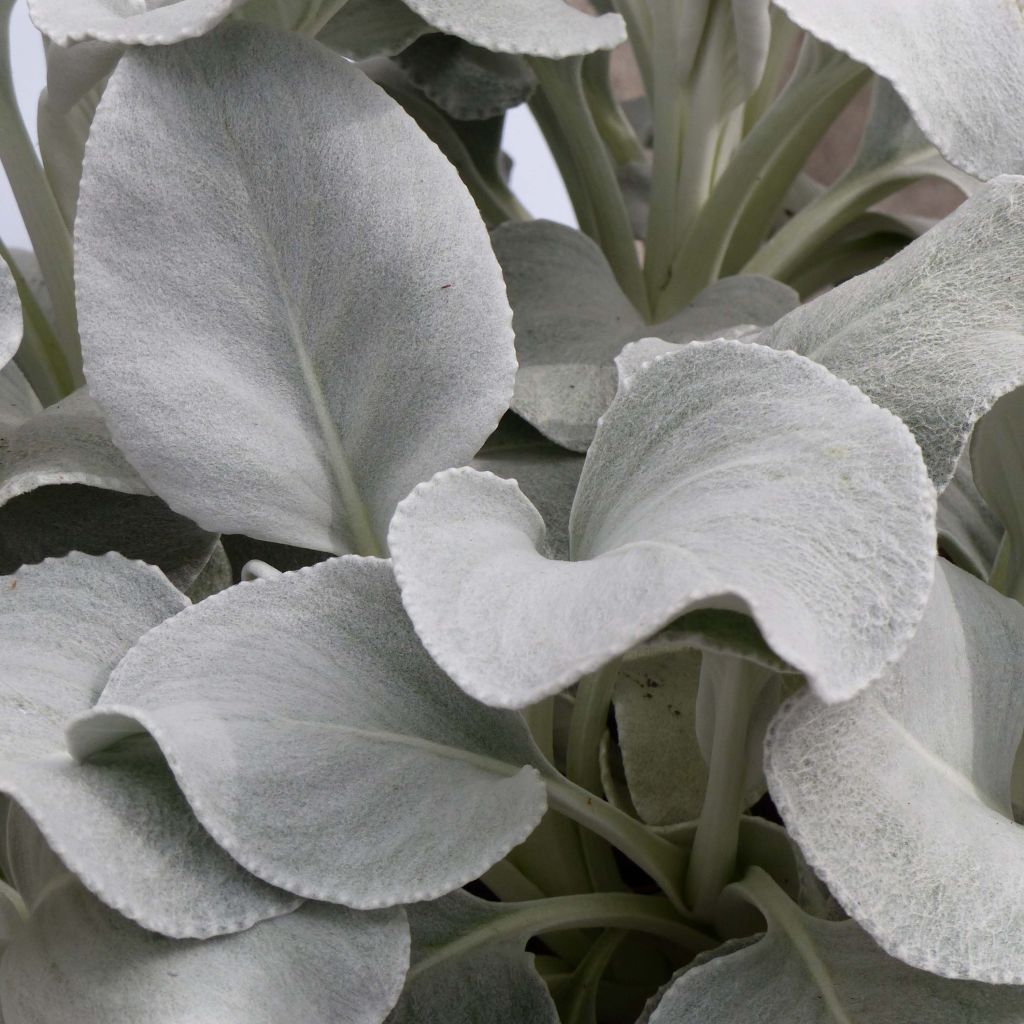

Senecio candidans Angel Wings
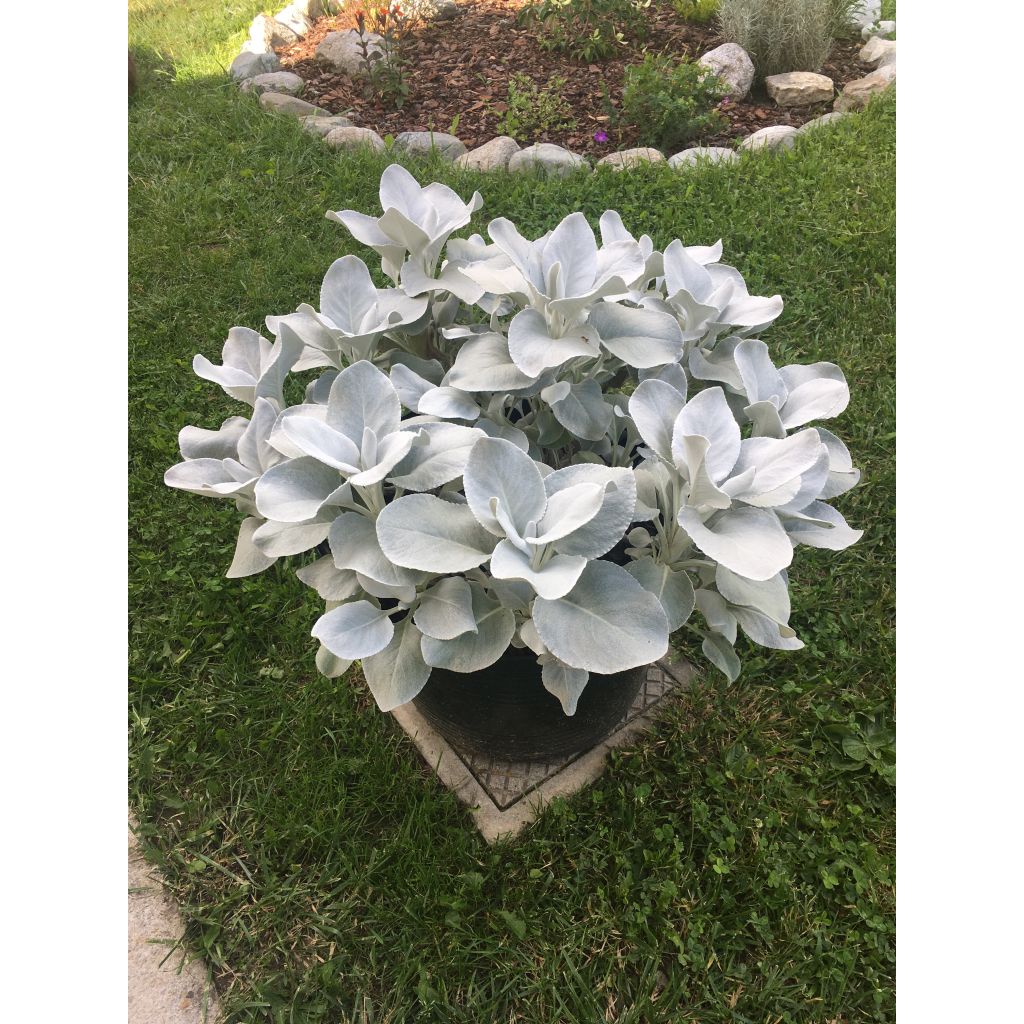

Senecio candidans Angel Wings
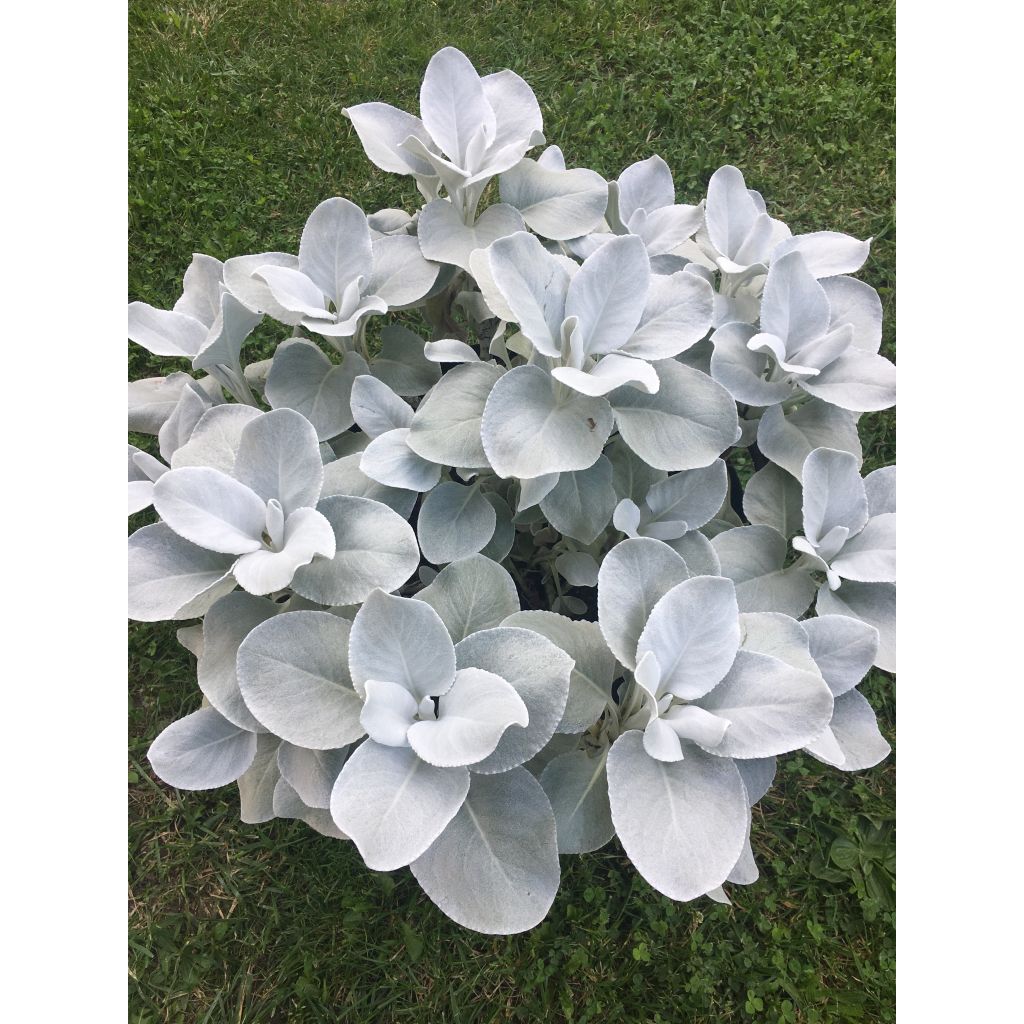

Senecio candidans Angel Wings
Senecio candidans Angel Wings
Senecio cineraria var. candicans Angel Wings
Dusty Miller, Silver Ragwort
This item cannot be shipped to the selected country
Delivery charge from €5.90
More information
Schedule delivery date,
and select date in basket
This plant carries a 12 months recovery warranty
More information
We guarantee the quality of our plants for a full growing cycle, and will replace at our expense any plant that fails to recover under normal climatic and planting conditions.
From €5.90 for pickup delivery and €6.90 for home delivery
Express home delivery from €8.90.
Does this plant fit my garden?
Set up your Plantfit profile →
Description
Senecio candidans Angel Wings is a new and exceptional selection of maritime cineraria, with large undivided leaves that appear to be made of white-silver velvet. This undershrub forms a ball of light in the sun or shade and throughout the year and will enhance all the flowers in the garden. You can use it for multiple associations with contrasting textures and colours or harmonious, in white or pastel compositions. 'Angel Wings' is not very hardy so will need to be grown in pots to overwinter in cold regions. In the garden, this senecio adapts to any well-drained, even poor soil, copes well with dry summers and requires no watering once well established.
Senecio 'Angel Wings' is a recent Chilean creation, awarded a bronze medal at Plantarium in 2016. It is a superb descendant of the Senecio cineraria var. candicans, now known as Jacobaea maritima. This plant is appreciated for its almost white and highly divided foliage and is known as maritime cineraria. It is native to the Mediterranean basin, where it is often found anchored in the sand and among rocks, not far from the sea. All Senecio belong to the Asteraceae family. This species is perfectly adapted to salt spray and summer drought.
'Angel Wings' differs with its large undivided, almost white leaves. It is a woody undershrub, with rapid growth, whose stems turn a little woody over time. The plant has a spreading habit, wider than it is tall. When grown in a pot, it will reach about 50 cm (20in) high and 70 cm (28in) wide. In the ground, it will measure up to 90 cm (35in) high and 1 m (3ft) wide. 'Angel Wing' is grown for its unique foliage, covered in a soft down. It is this down that is responsible for the white of the leaf, which becomes greener when wet. As is often the case for plants with grey, white or silver foliage, the leaves will be a lighter in colour in drier conditions. This foliage persists all year round, even in winter.
It briefly flowers from June to September depending on the climate, in the form of branched umbels of numerous small dark yellow to mustard yellow flower heads, which can be removed to avoid exhausting the plant. The seeds disperse easily with the wind, thanks to their large white bristles.
This maritime cineraria goes well with all other plants, shrubs, perennials or annuals, modest or lush, with bright colours and soft shades, dark foliage, in white flower beds... Also create beautiful planters with Pennisetum setaceum Rubrum, Velvet Curtains amaranths or red and bright pink geraniums. It is a good plant for dry gardens or coastal areas, for example in large silver flower beds, with artemisias, Centaurea pulcherrima, curry plant or Atriplex. With red salvias (shrubby or herbaceous) or magenta coquelourdes, 'Angel Wings' will create a rich harmony, a feast for the eyes!
Report an error about the product description
Senecio candidans Angel Wings in pictures
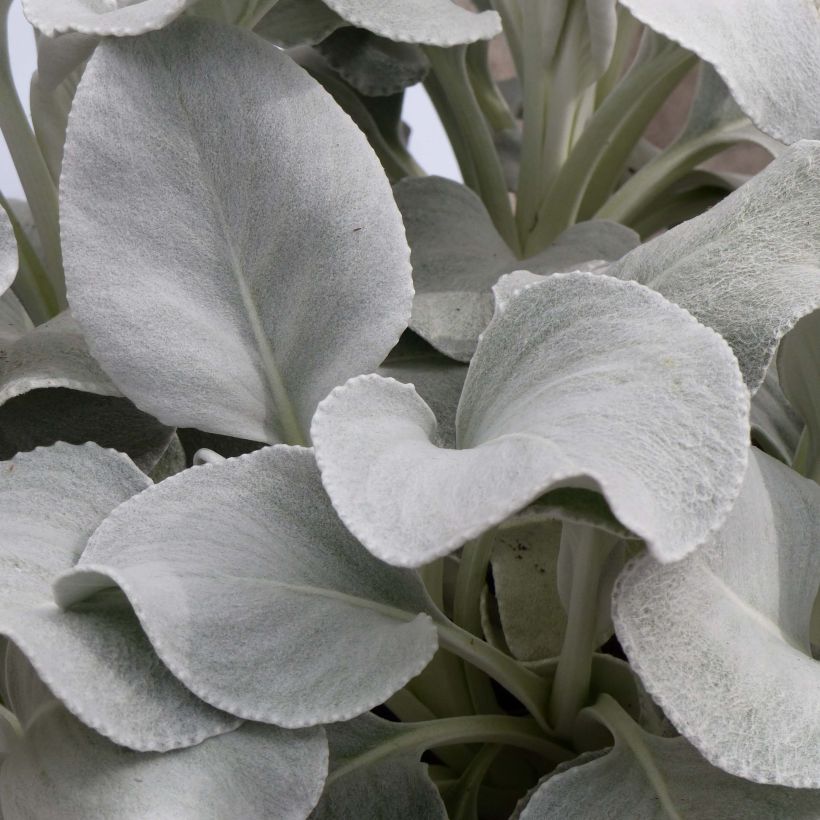

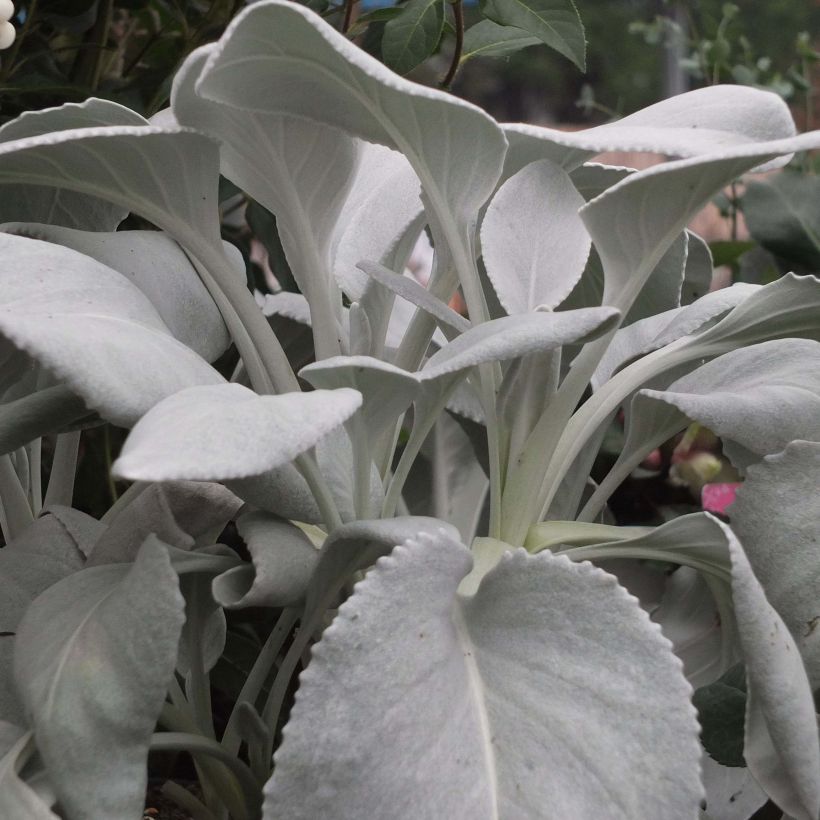

Flowering
Foliage
Plant habit
Botanical data
Senecio
cineraria var. candicans
Angel Wings
Asteraceae
Dusty Miller, Silver Ragwort
Cultivar or hybrid
Other Senecio
Planting and care
Senecio Angel Wings is an authentic Mediterranean coastal plant, not very hardy but tolerant of salt spray, salty soils, and summer drought. It is an excellent coastal plant. Its hardiness is in the range of -7/-10°C (19.4/14°F) in very well-drained soil that does not retain water in winter, and sheltered from cold, dry winds. Plant it in light soil, even limestone and dry in summer. Once established, this plant does not need watering in summer in all regions. Incorporate good drainage materials such as gravel and compost in heavy soil to protect the stump from moisture. This plant will not survive in waterlogged or overly moist soil in winter. However, it is very tolerant of exposure. In less sunny regions, choose a very bright location. A partially shaded, or even shaded, position in a warmer climate is fine. It may not flower in the shade but this variety is primarily grown for its foliage. Removing the flowers will promote the production of new, ornamental leaves, while extending the plant's lifespan.
Growing in pots (with drainage holes) poses no difficulties in a well-draining mixture composed of compost, coarse sand, and a little garden soil. Create a drainage layer (clay balls, pottery shards, pebbles) at the bottom of the pot. Water regularly but allow the mixture to dry out a bit between waterings so that the roots are not constantly in moisture. For the same reason, do not place a saucer under the pot.
Planting period
Intended location
Care
-
, onOrder confirmed
Reply from on Promesse de fleurs
Summer flowering perennials
Haven't found what you were looking for?
Hardiness is the lowest winter temperature a plant can endure without suffering serious damage or even dying. However, hardiness is affected by location (a sheltered area, such as a patio), protection (winter cover) and soil type (hardiness is improved by well-drained soil).

Photo Sharing Terms & Conditions
In order to encourage gardeners to interact and share their experiences, Promesse de fleurs offers various media enabling content to be uploaded onto its Site - in particular via the ‘Photo sharing’ module.
The User agrees to refrain from:
- Posting any content that is illegal, prejudicial, insulting, racist, inciteful to hatred, revisionist, contrary to public decency, that infringes on privacy or on the privacy rights of third parties, in particular the publicity rights of persons and goods, intellectual property rights, or the right to privacy.
- Submitting content on behalf of a third party;
- Impersonate the identity of a third party and/or publish any personal information about a third party;
In general, the User undertakes to refrain from any unethical behaviour.
All Content (in particular text, comments, files, images, photos, videos, creative works, etc.), which may be subject to property or intellectual property rights, image or other private rights, shall remain the property of the User, subject to the limited rights granted by the terms of the licence granted by Promesse de fleurs as stated below. Users are at liberty to publish or not to publish such Content on the Site, notably via the ‘Photo Sharing’ facility, and accept that this Content shall be made public and freely accessible, notably on the Internet.
Users further acknowledge, undertake to have ,and guarantee that they hold all necessary rights and permissions to publish such material on the Site, in particular with regard to the legislation in force pertaining to any privacy, property, intellectual property, image, or contractual rights, or rights of any other nature. By publishing such Content on the Site, Users acknowledge accepting full liability as publishers of the Content within the meaning of the law, and grant Promesse de fleurs, free of charge, an inclusive, worldwide licence for the said Content for the entire duration of its publication, including all reproduction, representation, up/downloading, displaying, performing, transmission, and storage rights.
Users also grant permission for their name to be linked to the Content and accept that this link may not always be made available.
By engaging in posting material, Users consent to their Content becoming automatically accessible on the Internet, in particular on other sites and/or blogs and/or web pages of the Promesse de fleurs site, including in particular social pages and the Promesse de fleurs catalogue.
Users may secure the removal of entrusted content free of charge by issuing a simple request via our contact form.
The flowering period indicated on our website applies to countries and regions located in USDA zone 8 (France, the United Kingdom, Ireland, the Netherlands, etc.)
It will vary according to where you live:
- In zones 9 to 10 (Italy, Spain, Greece, etc.), flowering will occur about 2 to 4 weeks earlier.
- In zones 6 to 7 (Germany, Poland, Slovenia, and lower mountainous regions), flowering will be delayed by 2 to 3 weeks.
- In zone 5 (Central Europe, Scandinavia), blooming will be delayed by 3 to 5 weeks.
In temperate climates, pruning of spring-flowering shrubs (forsythia, spireas, etc.) should be done just after flowering.
Pruning of summer-flowering shrubs (Indian Lilac, Perovskia, etc.) can be done in winter or spring.
In cold regions as well as with frost-sensitive plants, avoid pruning too early when severe frosts may still occur.
The planting period indicated on our website applies to countries and regions located in USDA zone 8 (France, United Kingdom, Ireland, Netherlands).
It will vary according to where you live:
- In Mediterranean zones (Marseille, Madrid, Milan, etc.), autumn and winter are the best planting periods.
- In continental zones (Strasbourg, Munich, Vienna, etc.), delay planting by 2 to 3 weeks in spring and bring it forward by 2 to 4 weeks in autumn.
- In mountainous regions (the Alps, Pyrenees, Carpathians, etc.), it is best to plant in late spring (May-June) or late summer (August-September).
The harvesting period indicated on our website applies to countries and regions in USDA zone 8 (France, England, Ireland, the Netherlands).
In colder areas (Scandinavia, Poland, Austria...) fruit and vegetable harvests are likely to be delayed by 3-4 weeks.
In warmer areas (Italy, Spain, Greece, etc.), harvesting will probably take place earlier, depending on weather conditions.
The sowing periods indicated on our website apply to countries and regions within USDA Zone 8 (France, UK, Ireland, Netherlands).
In colder areas (Scandinavia, Poland, Austria...), delay any outdoor sowing by 3-4 weeks, or sow under glass.
In warmer climes (Italy, Spain, Greece, etc.), bring outdoor sowing forward by a few weeks.


































